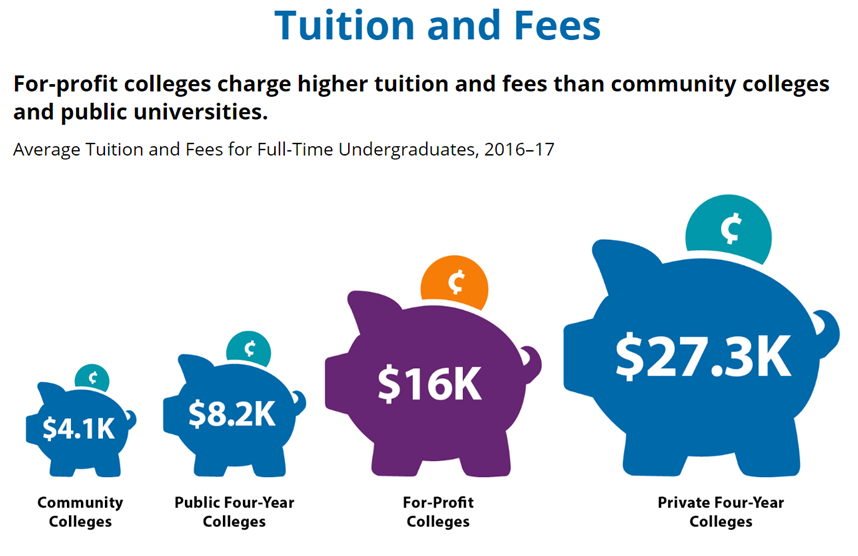While a degree has clear benefits, some individuals may choose a different pathway, including military service, directly entering the workforce or apprenticeships. We want to work to ensure all students are afforded the opportunity to choose from a range of options to pursue and achieve their aspirations.
Structural / Institutionalized racism, classism, etc have made it a lot easier for our students to foreclose on the college option due to inequalities across the board. As Program Managers, it IS in the foundation of why you exist to make sure THOSE inequities are mitigated. That is not to say that our students don’t have the right to decide to pursue a non-college options.
We want to make sure our pairs are exposed early to postsecondary pathways, are given recommendations on a range of options to apply to and feel equally supported and represented throughout the iMentor curriculum.
Revisiting the Fit Factors
As stressful as the admission process is in general, waiting for decisions to arrive is a particularly difficult time for students. One way to assist students after application submission is to have them revisit things that are important to them when it comes to envisioning themselves on post-high school. You may ask the student a variety of questions to help facilitate this process, like those you see here.
Visiting the Program
Depending on the program the student is interested in (example: certificate program, gap/service year), they should attend an admissions session or orientation. Make sure students know who the best program contact is and have completed the necessary steps to matriculate.
If a student is interested in military service, they should be in contact with a military recruiter who can guide them through the key steps for enlistment.
Focusing on Program Affordability
Funding options for non-college programs are limited. Many students cannot apply for financial aid for certificate programs and those programs often have a significant cost. Have pairs reach out the program contacts to learn more about program costs and payment options.
Avoiding For-Profits
What are for-profits?
For-profit colleges are institutions of higher education owned and operated by private, profit-seeking businesses. For profit colleges run significant risks for our students. They often are career-focused which is a plus for students looking to earn credentials. They also have the ability for students to fund their education using federal student aid.
 For-profit school advertisement
For-profit school advertisement
Although these schools are often appealing to our students due to their advertised short timeline, flexible schedule and career-focus, students to who attend a for-profit college are less likely to complete their degree, more likely to default on their loans and run the risk of their school losing credentials which would make their degree worthless.

Advising students interested in for-profits
If students are interested in a for-profit college, work with them and their mentor to find an equivalent certificate or AAS program at a local community college.
Working with Mentors
Mentors can play an important role in post-secondary decision making with their mentee. Helping mentees compare postsecondary offers, work on resumes, and practice interview skills are just a few ways our mentors add value in supporting our students.
Similar to parents, mentors might have specific opinions about what their mentees should do post-high school. Since all of our mentors are college-educated, their comfort and familiarity with non-college options might vary. Use these pathway specific resources with mentors to help them create actionable steps with their mentee.
Certificate Programs | Gap Year | Military | Employment

